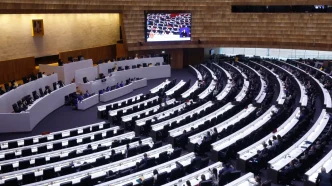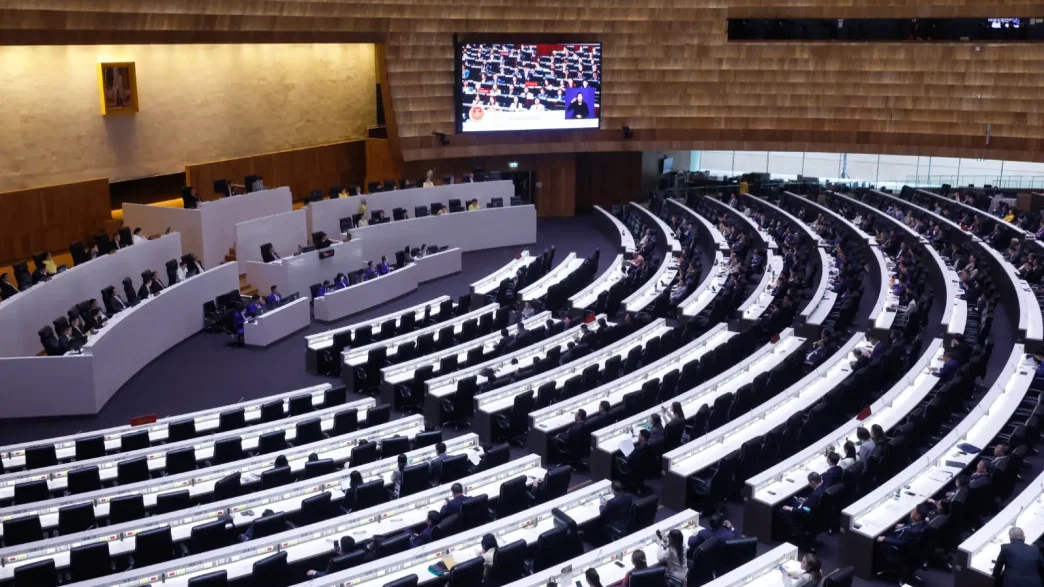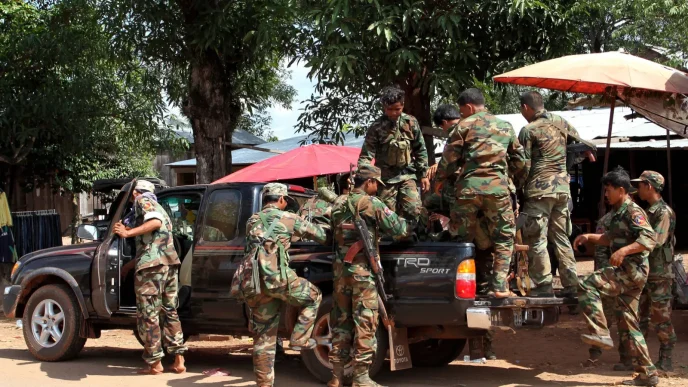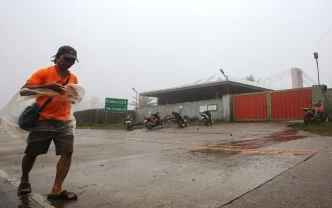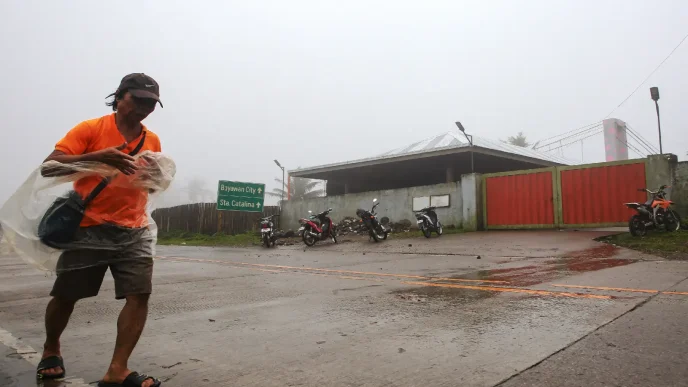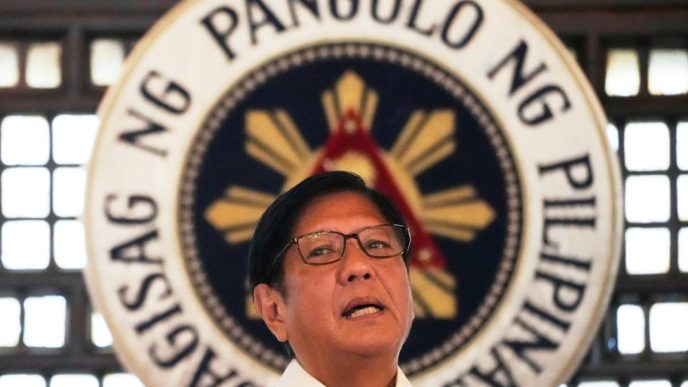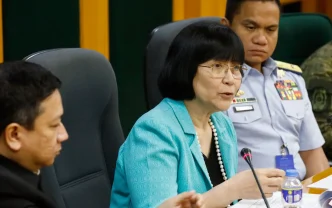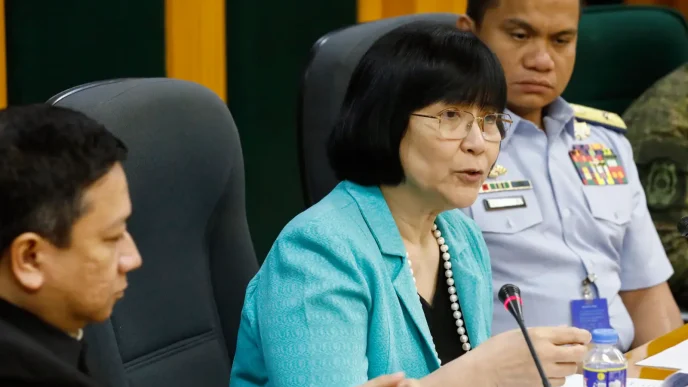The bill will be debated in parliament over the next four days. (EPA Images pic)
BANGKOK: Thai Prime Minister Paetongtarn Shinawatra will, on Wednesday, propose a 3.78 trillion baht (US$115.5 billion) budget to parliament for the 2026 fiscal year, as her government seeks to support a sluggish economy facing steep tariffs from the United States.
The draft budget bill, which will be debated in the house over the next four days, projects a 0.7% rise in spending, and a 0.7% drop in the budget deficit to 860 billion baht, or 4.3% of gross domestic product, from the 2025 fiscal year that ends in September.
“A deficit budget policy is aimed at maintaining economic stability, including supporting a recovery and promoting growth at an appropriate level,” the bill said.
The budget plan projects growth at 2.3% to 3.3% for both 2025 and 2026, with inflation predicted at 0.5% to 1.5%. The economy expanded 2.5% last year, lagging regional peers.
The plan did not take into account the potential impact of US tariffs.
Thailand faces a 36% US tariff if a reduction cannot be negotiated before a moratorium expires in July. The US, Thailand’s biggest export market, has set a 10% baseline tariff for most countries while the moratorium is in place.
Parliament will deliberate on the bill in the remainder of this week before it is put to a vote on Saturday, which will require support from the majority of lawmakers present.
The budget is expected to pass, but comes amid tensions in the Pheu Thai Party-led coalition, particularly with its biggest partner, the Bhumjaithai Party. Disagreements have surfaced over the government’s casino bill, which aims to legalise casinos within integrated complexes to boost tourism.
Rifts over constitutional reform and policy on the use and sale of cannabis, which was decriminalised in 2022 but is now facing tighter restrictions, have also strained the alliance.
If the budget does not pass, Paetongtarn, who came to power last year, could either step down and make way for a new premier elected by parliament, or dissolve the lower house and call a new general election.
Southeast Asia’s second-largest economy expanded an annual 3.1% in the first quarter, but the state planning agency last week slashed its full-year growth forecast range by a percentage point to 1.3% to 2.3% because of the US tariffs.
